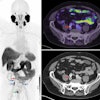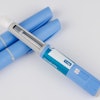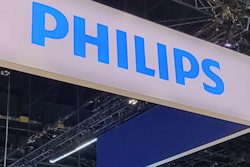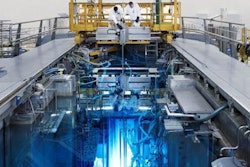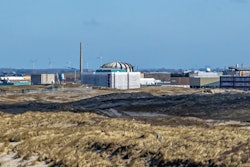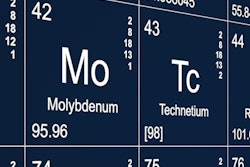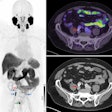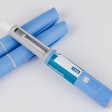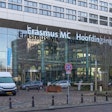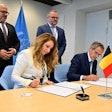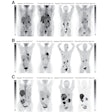The European Commission has approved a €2 billion proposal to fund construction of a new medical isotope production facility in Petten, near Alkmaar, the Netherlands.
The new so-called Pallas reactor will replace the existing high flux reactor, one of the world leaders in the production of medical isotopes, in operation since 1961, the commission said, in a 26 July statement.
The new reactor is expected to start operating in the early 2030s. In addition, the proposal includes a nuclear health center for processing medical isotopes produced by the reactor into radiochemicals, which will then be further processed into radiopharmaceuticals that can be administered to patients for the diagnosis and treatment of several diseases, including cancer, the commission said.
The commission’s decision to green-light the proposal was subject to certain conditions related to limiting its impact on competition and trade.
“Our assessment has confirmed that the measures proposed by the Dutch authorities will limit any possible distortions of competition triggered by the public support,” said Margrethe Vestager, the commission’s executive vice-president in charge of competition policy.
Ultimately, the development may signal an end to past supply chain issues that have historically threatened patient access to critical diagnostic nuclear medicine tests in Europe.
Bertholt Leeftink, CEO of Nuclear Research and Consultancy Group, which runs the current facilities in Petten, noted in a news release that the commission’s decision is good news for patients with life-threatening diseases.
“With the arrival of the new Pallas reactor, the production of medical isotopes and the innovation of new applications for the treatment of, among other diseases, cancer will be guaranteed,” he said.

